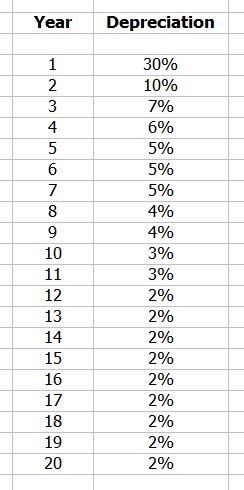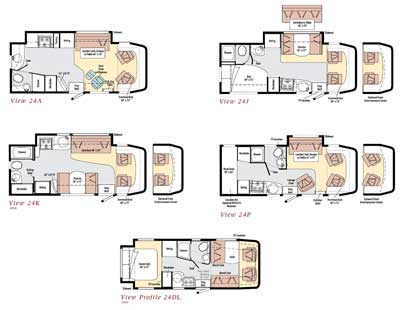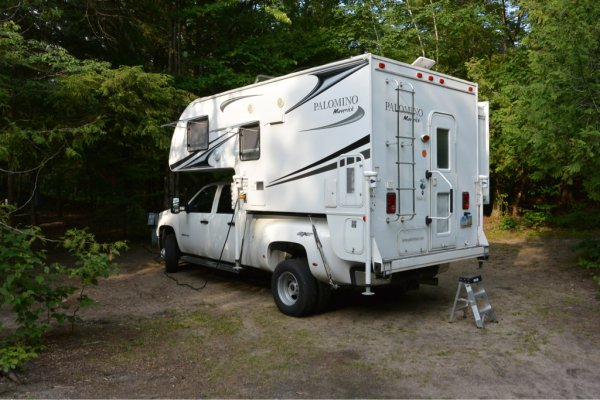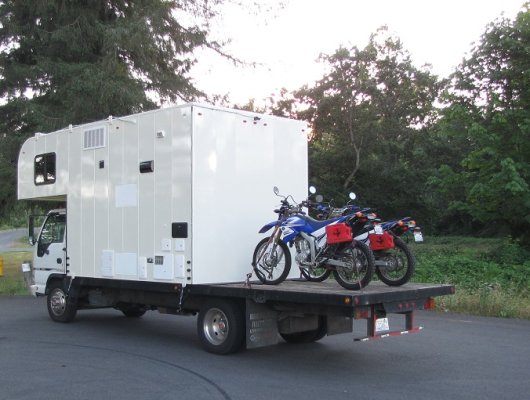We will be retiring in Jan and we have a not yet very well thought out plan to buy an RV and travel the country for about a year and then sell it.
Can anyone point be me in the right direction for things to look for and questions to ask? We know very little about RVs. I believe we would want a Class A. It will be just the 2 of us. We are willing to spend up to $100K. Several questions:
1) What would you suggest would be the correct size for 2 people to live in full time for a year?
2) Any certain brands we should lean towards or away from?
3) Im thinking something in the 4-5 year old range would be a good compromise between it still being pretty nice but not losing too much money to depreciation? Assuming we got a fair deal when we bought, if we paid $100K for a 4-5 year old RV, how much could we expect to sell it for a year later?
4) Are used RVs really hard to sell at a fair price? If its going to take a year to sell, this plan might be flawed from the get go.
Can anyone point be me in the right direction for things to look for and questions to ask? We know very little about RVs. I believe we would want a Class A. It will be just the 2 of us. We are willing to spend up to $100K. Several questions:
1) What would you suggest would be the correct size for 2 people to live in full time for a year?
2) Any certain brands we should lean towards or away from?
3) Im thinking something in the 4-5 year old range would be a good compromise between it still being pretty nice but not losing too much money to depreciation? Assuming we got a fair deal when we bought, if we paid $100K for a 4-5 year old RV, how much could we expect to sell it for a year later?
4) Are used RVs really hard to sell at a fair price? If its going to take a year to sell, this plan might be flawed from the get go.






